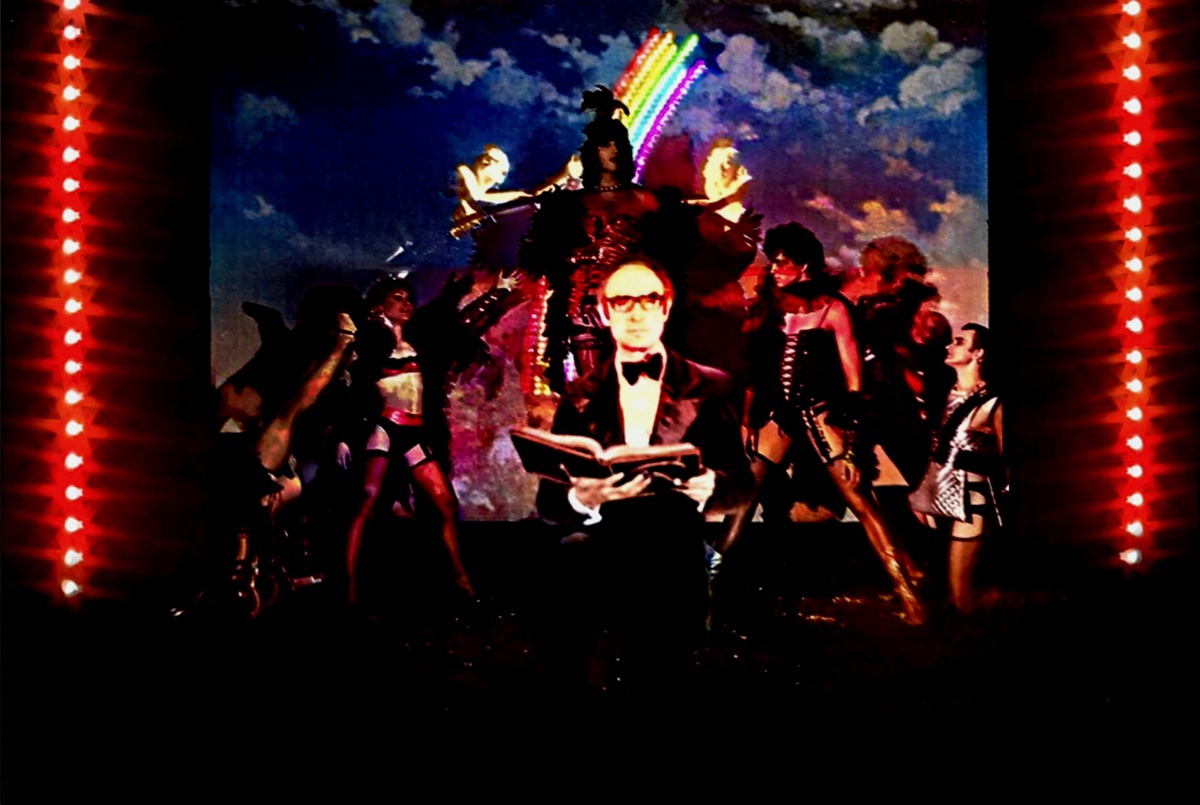
|
|||||||||||||||||||||||||||||||||

Book, Music & Lyrics by Richard O'Brien Directed by Jim Sharman Lighting - Gerry Jenkinson
|
Superstar's Australian director Jim Sharman, was asked to do a play in the main house of the Royal Court Theatre, London. Sharman chose, instead, to workshop the musical Richard O'Brien had been writing.
To cover the costs of trialling the show, a tape of Richard O'Brien singing "Science Fiction/ Double Feature" (the opening song) made its way to the desk of Michael White who had produced a London version of "Oh! Calcutta". White became fascinated with the tape and story concept, and agreed to sponsor the production.
The play opened at the Royal Court's experimental Theatre Upstairs as a six-week workshop project in June of 1973 to fantastic reviews and packed houses of 60 or so people a night. After its initial 6 weeks, Australian Brian Thomson designed the look of the show and decided it should be performed in decaying cinemas and the show moved to the Classic Cinema Chelsea. A last gasp of a soon to be demolished movie house. The idea was that the cinema was throwing up, all the double features it had seen, through the fantasy of an usherette. The cinema itself, providing the props, with characters who used the cinema screen, coke machine and scaffolding to invoke a castle.
He made the decision to have Frank enter from the back of the auditorium, so the bang of the doors would make the audience swing around to see him strut down a ramp that reached onto the stage.
An Australian Director, Australian Designer, Nell Campbell's outrageous Australian accent, the writer growing up in New Zealand, and all raised on double features, it was an Antipodal creation that Londoners could relate to. After years of Barry Humphries, Rolf Harris, Barry McKenzie, and the sexy exploitation films of the late 60s early 70s, their tastes had already been corrupted, with Australian sensibilities - unlike the USA, who didn't have a clue.
The nude show Oh! Calcutta, had already broken boundaries, Rocky fitted right in. Audiences expected to be confronted, entertainment was message driven, or at least thought provoking. Religion, conscription, and now the sexual revolution's turn. Just as I Am Woman, came from Australia to be the anthem of female liberty, Rocky Horror's roots Downunder are obvious to those who have experience.
Richard O'Brien and Michael White
 |
|---|

 |
 |
 |
 |
 |
Original 1973 Workshop Programme



 |
 |
 |






Patricia Quinn as The Usherette/Magenta
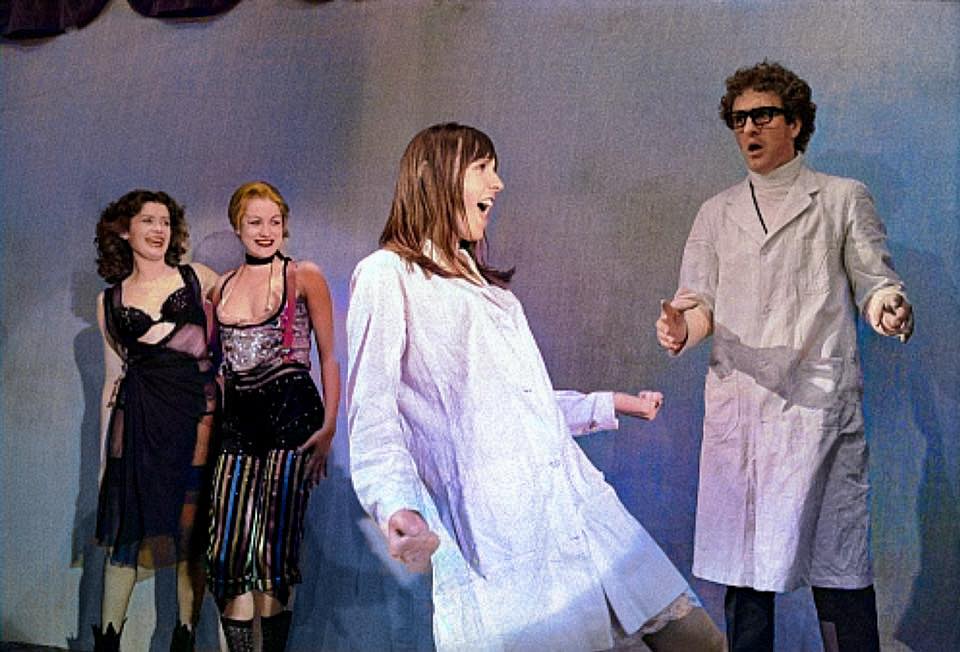 |
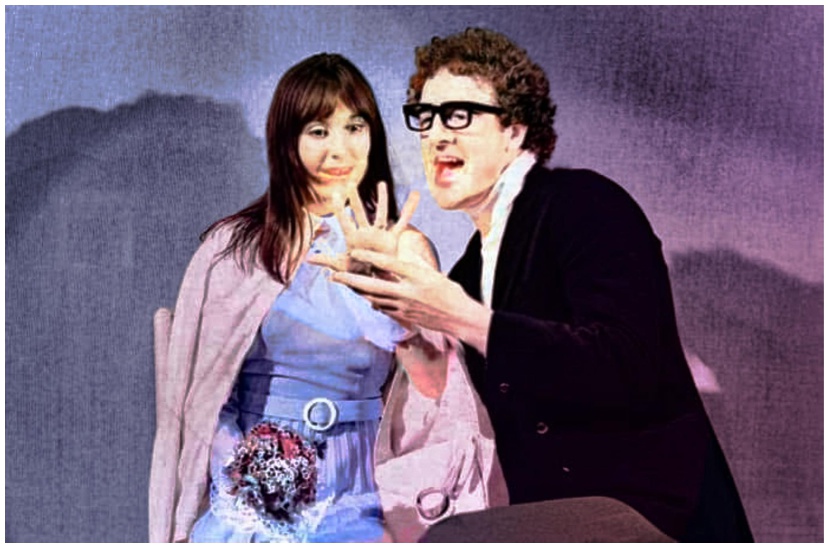
Julie Covington as Janet, Christopher Malcolm as Brad

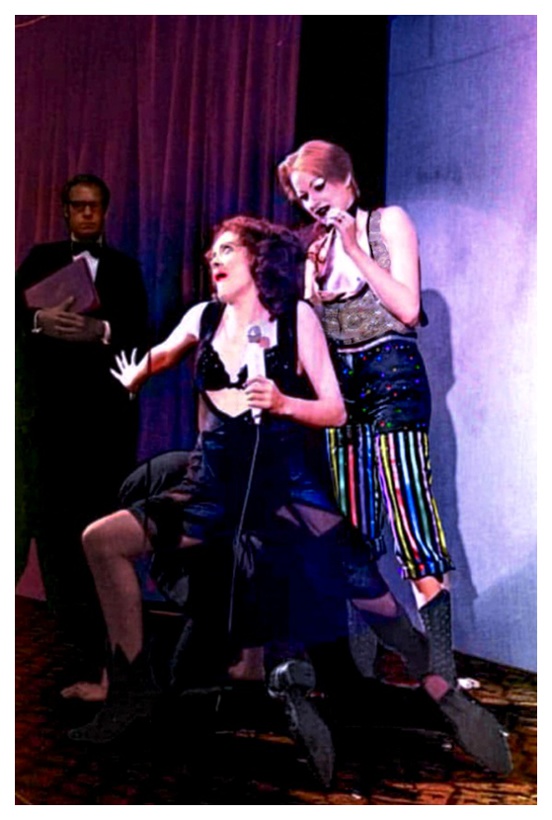 |
 |
 |

Paddy O'Hagan

Jonathan Adams as The Narrator

A mock-up of the set


Filmstrip images supplied by Larry Viezel
 |
Nell Campbell as Columbia



Bedroom Silhouettes


Tim Curry as Frank
 |
 |

Richard O'Brien as Riff Raff

Rayner Bourton as Rocky
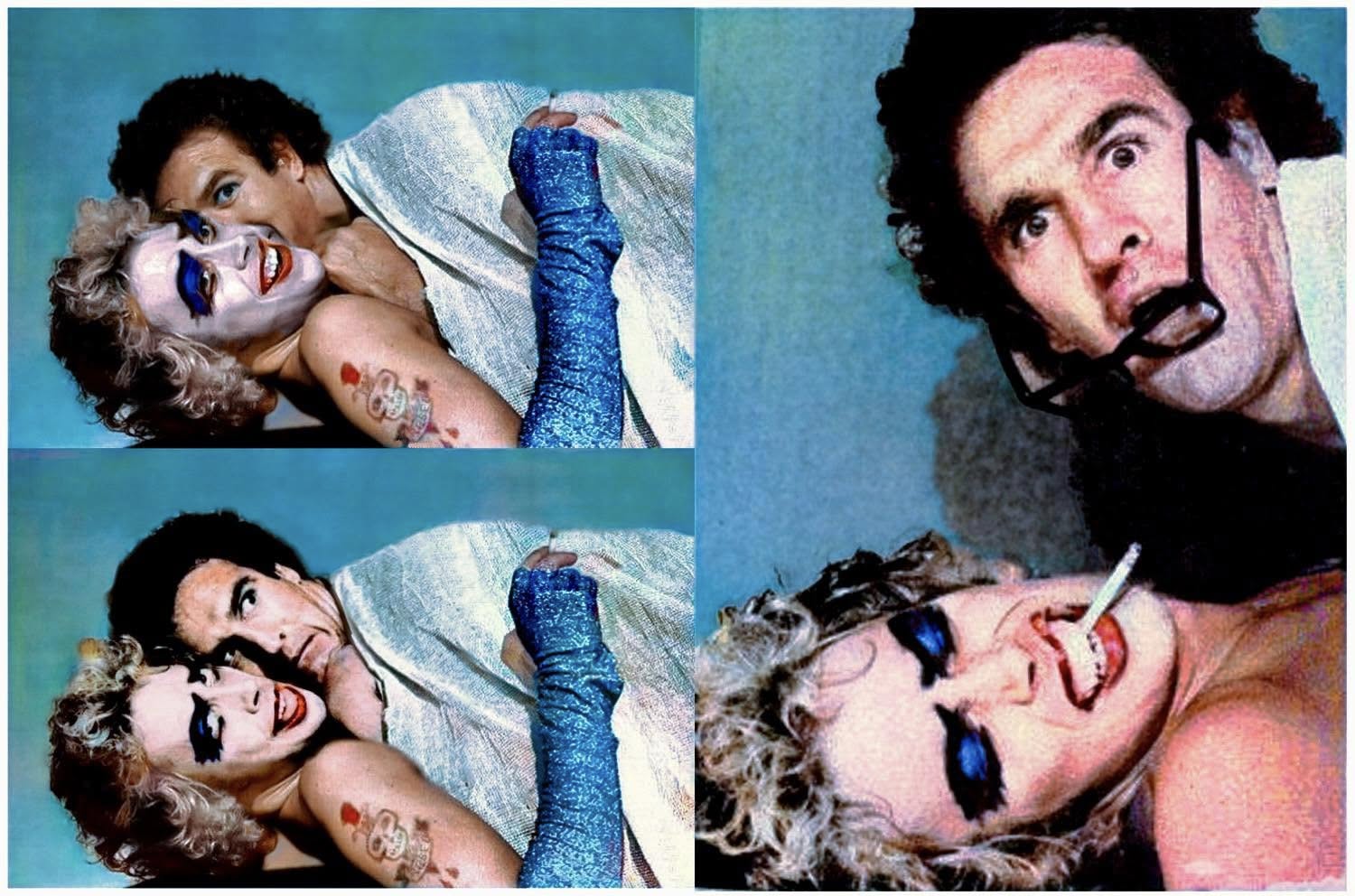


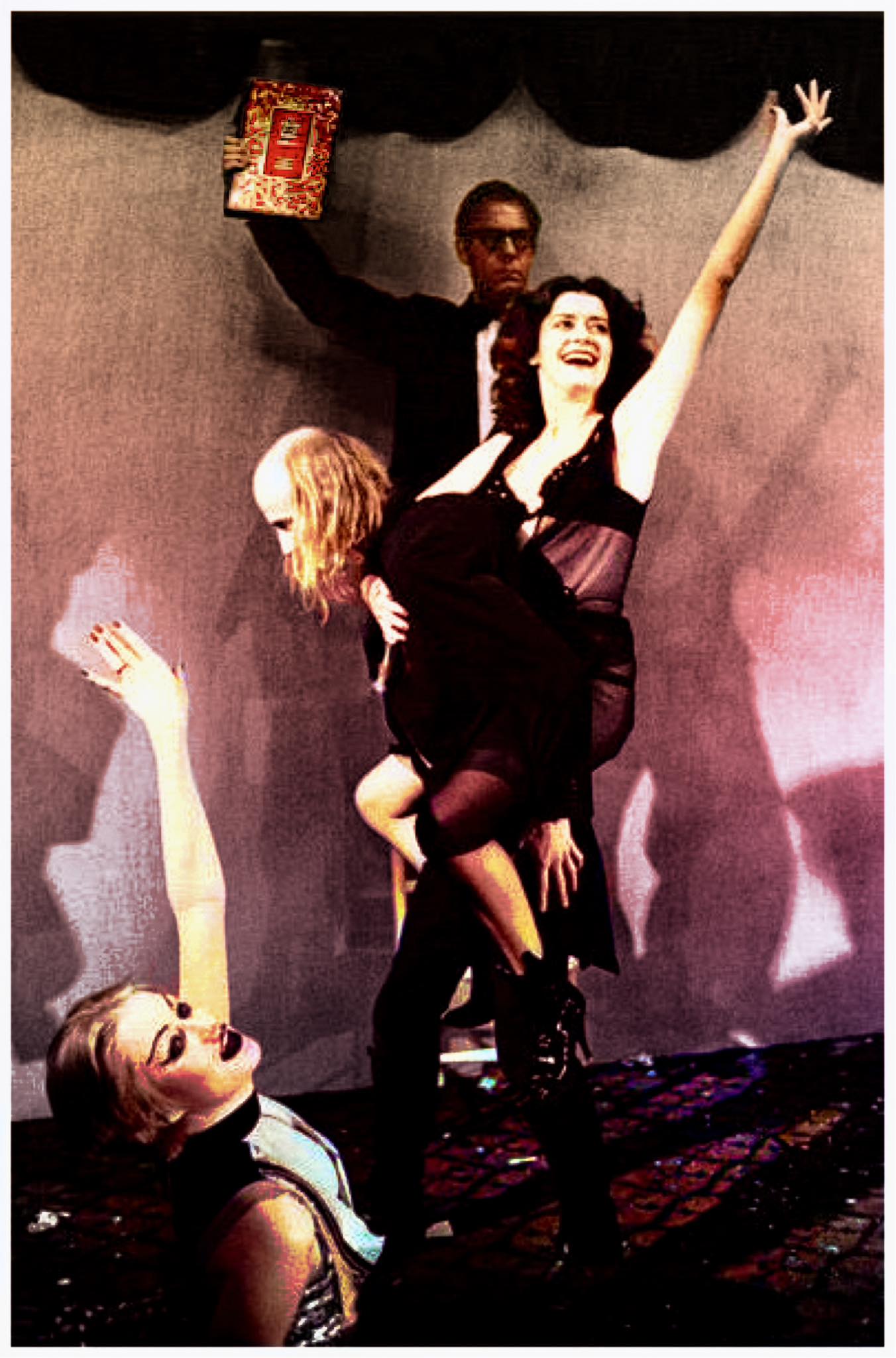





 |











 |



 |
 |
|---|
Jonathan Adams
 |
 |
|---|

 |
 |
|---|









 |







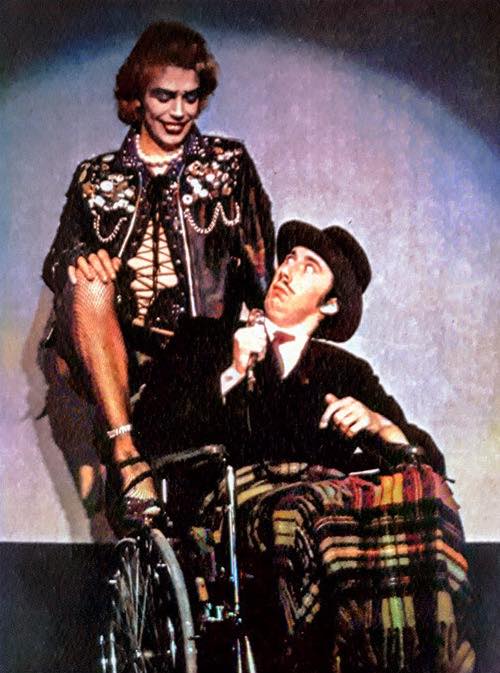



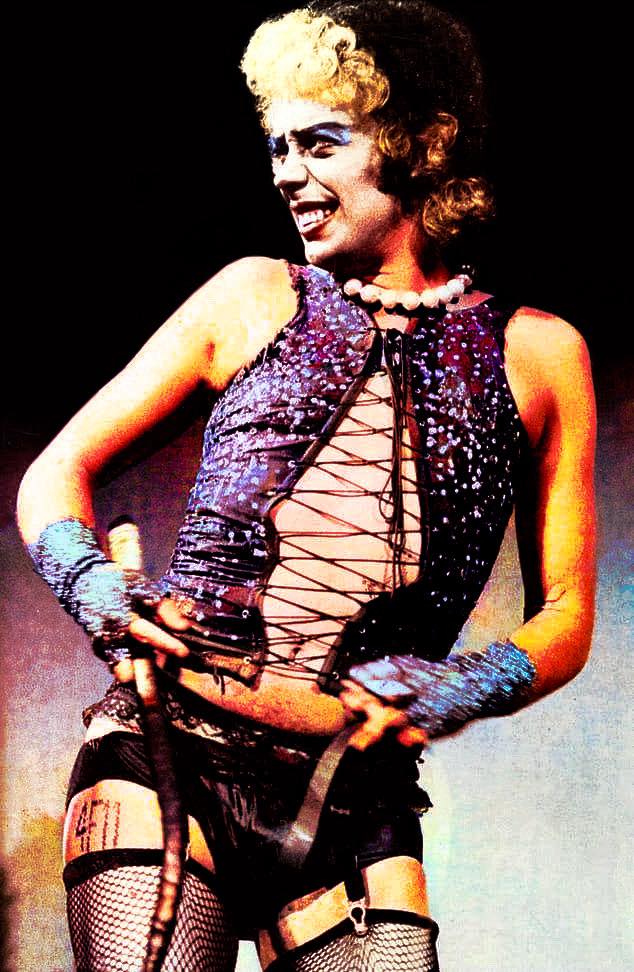


Belinda Sinclair as Janet


1973 Cast Replacements for Magenta and Rocky Classic Cinema



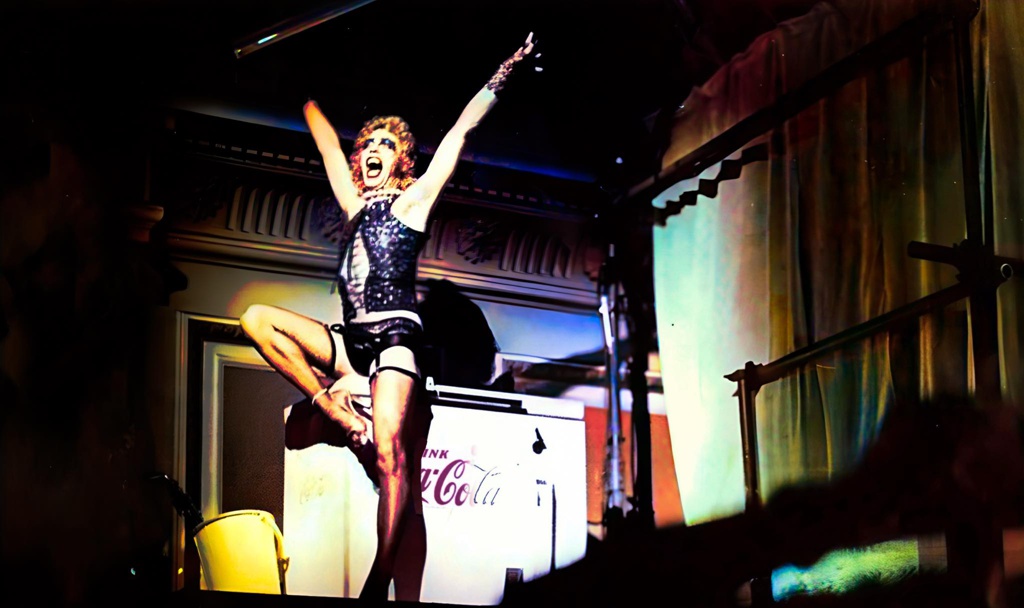





 |
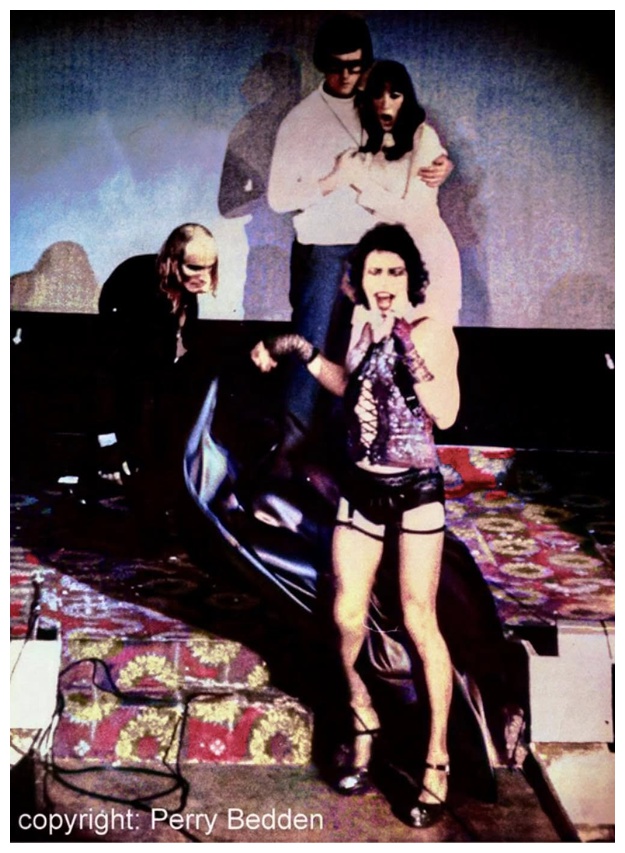


James Warwick as Brad







Tim Curry (last appearance January 1974) and Ziggy Byfield



KINGS ROAD THEATRE 1974 Cast - Tim Curry replaced by Philip Sayer



Robert Longden as Riff Raff in 1974 (Image supplied by Adam Jay)


Supplied by Pazuzu
From the COLLECTION OF THE BEEJ

PHILIP SAYER AS FRANK 1974


Photographs below, supplied by Larry Viezel

ANGELA BRUCE

 |








 |
|---|
 |
Photos supplied by Julie Anderson

1974
Ziggy Byfield



Peter Blake

Backstage King's Road 1975
Frank Played by Peter Blake - I went into The King's Road production as 'Frank' in 1975.
The lunacy of "alternative dialogue" and all the nonsense that went with it had yet to rear its indulgent head.
 |
Photos by The Beej
 |
 |



 |
Ziggy 1975 in his Japan Tour travel outfit

Many ex-cast members, including Tim Curry and Little Nell, appeared in a musical series called ROCK FOLLIES, that ran in 1976 and 1977 on British and Australian TV
1976 Ziggy Byfield returns as Frank
 |
 |







Perry Bedden as Riff Raff

Ziggy Byfield (who had previously been Eddie/Dr. Scott) as Frank and company

(July 1976 Rayner Bourton as Rocky)


 |
 |
Shaughan Seymour as Frank 1977

Shaugan Seymour



 |
|---|
Larry Whitehurst
 |
 |



1979




PETER BLAKE: This time, the first 'West-End' production at The Comedy Theatre, re-staged by the original director, Jim Sharman. It was only towards the end of this run that we noticed a strange phenomenon; American tourists who seemed to think they were part of the show started shouting out stuff, much to their own amusement ...
We just thought they were twats

Opened 6th April 1979 |
Principal Cast Ushers, Backing Vocals : Julian Ashton, Jane Hayward, Gary Martin, Colen Marsh, Tessa Wood, Roger Tebb |
Band |
| M.D./Piano/Organ - Peter Russell Brewis/Karl Wallinger |
| Electric/Acoustic Guitar - Derek Griffiths |
| Drums - Tony Hicks |
| Bass Guitar - Brent Forbes |
| Tenor Sax - Geoff Driscoll |
Assistant Director - JULIAN HOPE |
When the show moved to The Comedy Theatre in 1979, it no longer played in a cinema, but a theatre with a balcony. The staging had to be changed from partly taking place in the audience, with a catwalk, to being entirely on stage, losing Frank's signature entrance through the back auditorium door. Although the sets remained faithful to Brian Thomson's designs, the show was redirected by Sharman to accomodate it's new setting.
PETER BLAKE

Jeremy Gittins
Daniel Abineri's 21st birthday

ZIGGY BYFIELD




Neil McCaul as Frank


Final Principal Cast Ushers, Backing Vocals : Eric Nordell, Colen Marsh, Tessa Wood, Roger Tebb |
 |
 |
Steve Devereaux as Frank (understudy)

 |
The final London Cast

Perry Bedden as Riff Raff, a role he reprised in Australia in 1981
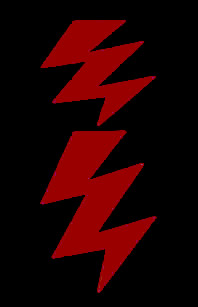




London's last Frank: Daniel Abineri
 |
 |
 |
.gif) |
.gif) |
.gif) |
.gif) |
The Final Night
 |
 |
 |
 |
PERFORMANCE TIMELINE
THANK YOU TO TONY PAZUZU FOR YOUR INCREDIBLE ASSISTANCE

Although I find their interpretation to be below standard, it's worth a look for comparison.


The album was recorded in a day, during the original workshop period. The sound is raw and unpolished, as the show was. Eddie's Teddy was added when the show moved to Chelsea, and therefore isn't on this recording. The offical logo, writing and finished show were weeks away, and so this is a peek into the roots of Rocky.
The Original Australian Cast recording, has a more polished sound, but stays true to the rawness of the original. Together the two recordings convey the show, as it was meant to be.
The Roxy Cast recording wasn't popular in either Britain or Australia, and so the film soundtrack was a huge step in the commercialising of the arrangements for those two nations. Americans were treated to a "pop" cast recording with arrangements that are not too dissimilar from the Motion Picture, but were not actually used on stage anywhere.
















